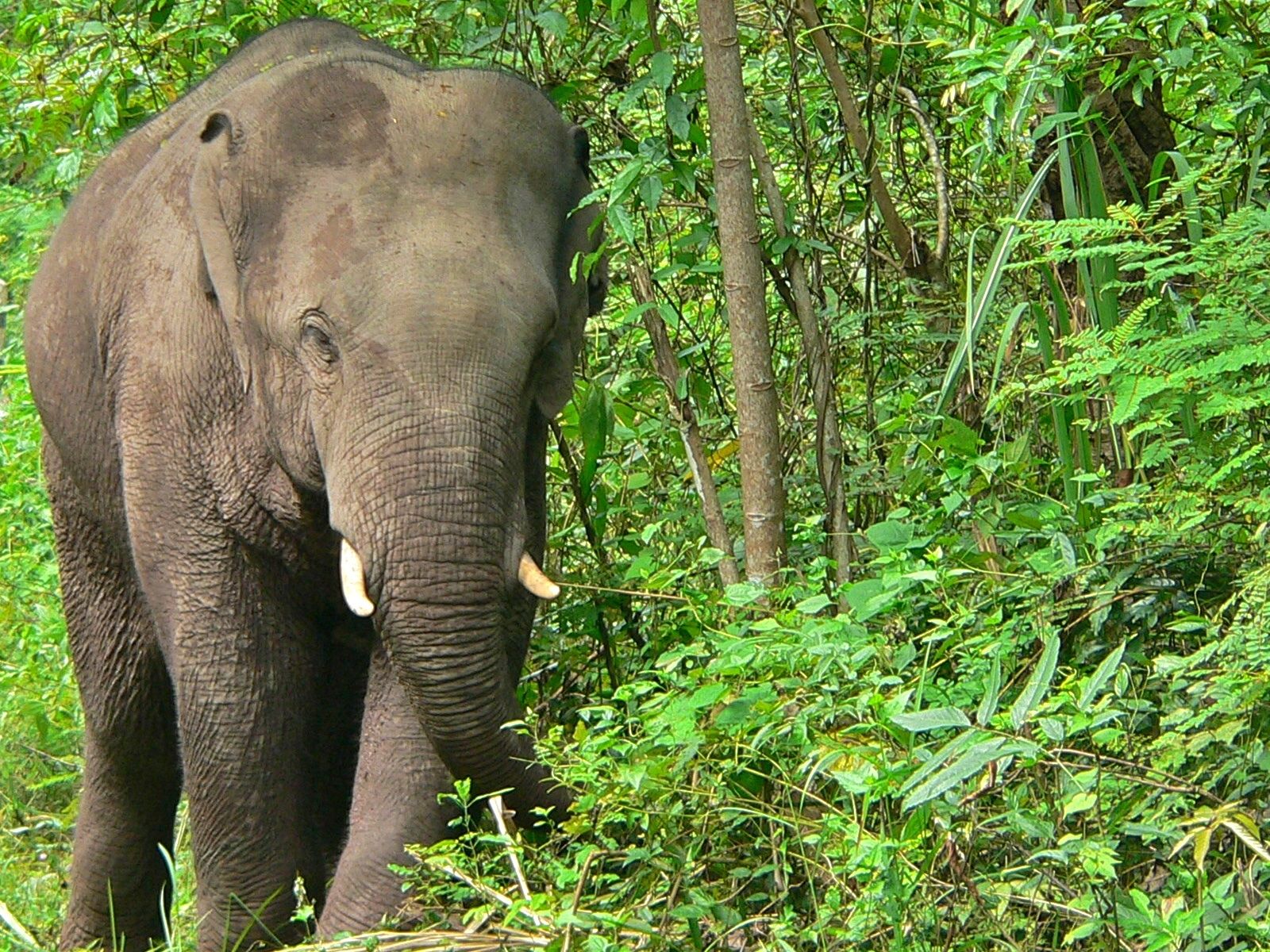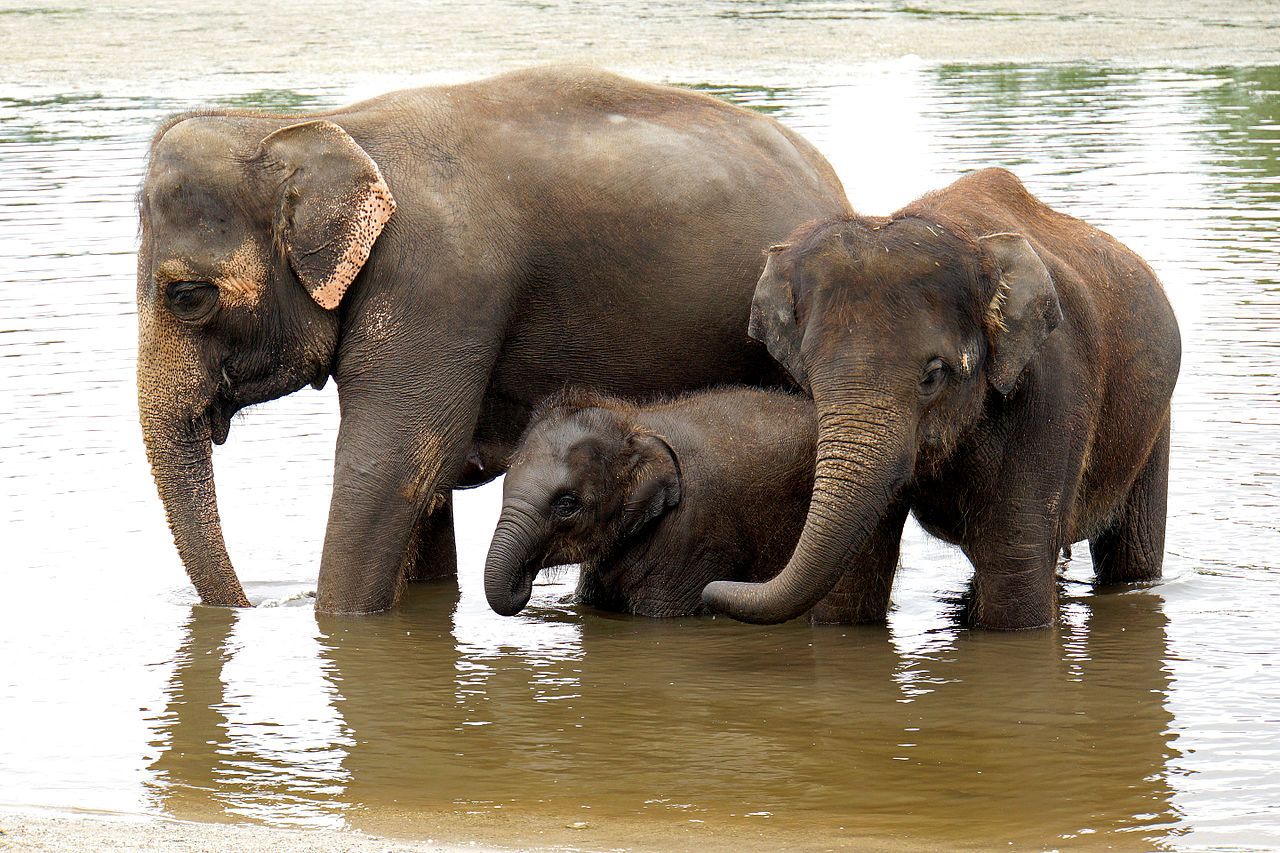It is no secret that with the human population booming around the world, there has been a drastic loss of natural habitats for animals. Human expansion, through the development of buildings and farmland, carries with it difficulties as wildlife is pushed farther and farther into smaller, inhabitable space.
Unlike humans, animals are unaware of boundaries like fences and county lines, and often roam beyond safe distances in search of food and water. This causes human-animal conflict, which leads to destruction of property and even death of both humans and animals.
In India, one of the most notable human-animal conflicts stems from “crop raiding” by elephants. According to World Wildlife Fund, up to 300 humans and 50 elephants are killed over crop land in India every single year. Some of these deaths occur from direct human-elephant interaction, but many, for humans and elephants, are the result of electric fencing.
Since June of 2017 alone, over ten elephants in the state of Karnataka in south India were electrocuted and killed this way. Some of these elephants were not roaming from the nearby forests; some were in wildlife sanctuaries adjacent to farms. Illegal electric fencing by farmers, as well as neglected sagging live wires, are causing a alarming number of deaths to the gentle giants.

In Karnataka, an elephant was electrocuted in Tanigebailu Wildlife Range in Chikkamagaluru district just this past Monday, bringing the number of jumbo deaths by electrocution in this state alone to ten in three months.
Wildlife activist G Veeresh states, “This is the fourth such incident in this region as elephants are electrocuted frequently. More than three leopards were also snared in this area. Even people have died by electrocution.”
In the Kodago district of Karnataka, a family of four elephants were electrocuted to death by low-hanging wires surrounding a coffee farm.

These saddening, avoidable incidents must be addressed, and while officials have been negligent in the past, there are plans for forest department officials to bring up the issue with the Chamundeshwari Electricity Corporation Ltd. (CESC), according to The Hindu.
With habitat destruction only increasing globally, we must find better solutions to how we treat wild animals in our surrounding neighborhoods. Electric fencing is clearly not the answer to protecting crops, buildings, or people. Elephant populations are already at severe risk due to poaching, and this unsafe method of protecting commercial interests is only worsening the issue. Hopefully, measures will indeed be taken to ensure the safety of both people and elephants in India and the death toll caused by needless electrocution will come to an end.






